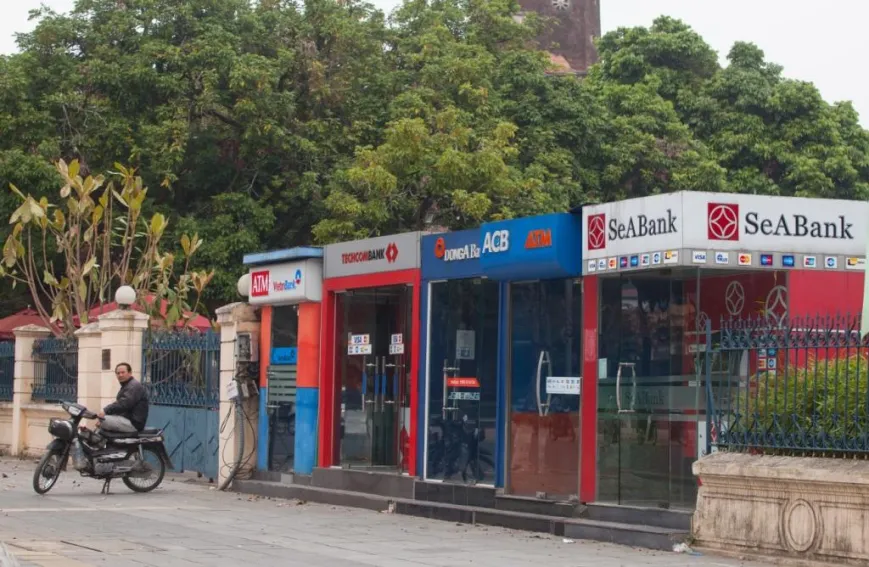
Vietnam banks to benefit from resolving legacy problem assets progress
The disposal of problem assets improves banks' asset quality.
With Vietnamese banks making meaningful progress in the resolution of legacy problem assets, Moody's Investors Service reports it to have a positive effect on banks including improving asset quality and removing a drag on their profitability.
Here's more from Moody's:
The State Bank of Vietnam established the Vietnam Asset Management Company (VAMC) in July 2013, with a policy mandate to take over bad debt that had plagued the Vietnamese banks in prior years and to manage recovery work. The company takes nonperforming loans (NPLs) off banks’ balance sheets in exchange for special bonds it issues. The VAMC bonds do not pay interest, and banks effectively have to recognize losses related to the NPLs as they provision for the VAMC bonds over either five or 10 years, so these assets add to credit costs and hurt profitability. Alternatively, if the VAMC succeeds in recovering a bank’s transferred NPLs, any recovered value can be transferred back to the bank. However, the cumulative NPL recovery rate by the VAMC has been low at approximately 20%. Through this mechanism, banks have been able to lower their reported NPL ratios, but they can only truly resolve bad debt through a full write-down or cash recovery of the VAMC bonds.
Following in the footsteps of JSC Bank for Foreign Trade of Vietnam and Vietnam Technological and Commercial Joint Stock Bank, ACB and Military Commercial Joint Stock Commercial Bank successfully wrote down their VAMC bond exposures from their balance sheets in the fourth quarter of 2017. Consequently, they no longer have to set aside a 20% annual provision cost.
Asset quality at most Vietnamese banks stabilized in 2017, helped by healthy macroeconomic conditions. Banks’ profitability also improved as higher-yielding retail loans increased, enabling them to allocate higher provisioning expenses to write off their VAMC bonds ahead of schedule. Additionally, enhanced legal frameworks such as Resolution 42, which allows banks and the VAMC to rapidly repossess collateral in the event of a borrower default, allowed banks to be more active in managing bad debt. As a result, the total stock of VAMC bonds at rated banks decreased in 2017, the first decline since the VAMC began operating.


















 Advertise
Advertise







